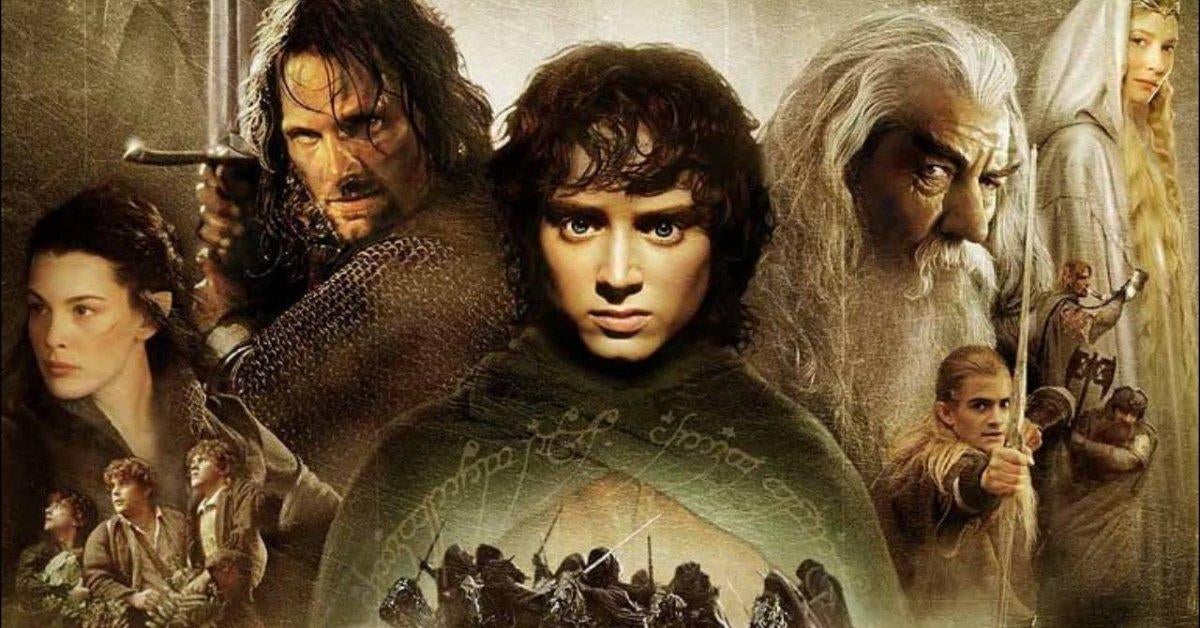Director E.L. Katz earned tremendous praise in the genre world with his 2013 pitch-black comedy Cheap Thrills, which was lauded at many film festivals despite not being a straightforward experience in terror. Having bounced around the world of genre TV with projects like Swamp Thing, The Haunting of Bly Manor, and Channel Zero, his latest feature film, Azrael, is a brutal experiment in action. Led by a powerhouse performance from Samara Weaving, Azrael manages to be both an accessible and challenging adventure for audiences, as it offers an unrelenting journey of revenge that accomplishes its goals with characters who never utter a single line of dialogue. Azrael lands in select theaters on September 27th.
The movie is described, “In a world in which no one speaks, a mysterious, devout community hunts down a young woman named Azrael (Samara Weaving) who has escaped their imprisonment. Recaptured by its ruthless leaders, she is to be sacrificed to pacify an evil which resides deep within the surrounding wilderness – but Azrael will stop at nothing to ensure her own freedom and survival. From the seeds of this gritty, relentless parable of sacrifice and salvation, comes an immersive, real-time, action horror tale from the visionary minds of Simon Barrett and E.L. Katz.”
ComicBook caught up with Katz to talk about challenges while developing the project, his unexpected influences, and why he’s happy to avoid major Hollywood projects to stay focused on weird horror stories.

Samara Weaving in Azrael
– Gabriela Urm)
ComicBook: You and Simon go back so many years, but how did this come about? Did you talk with him and say, “Write me something,”? Was he writing it and you said, “Let me get involved,”? How did it all come together?
E.L. Katz: I think now I have known him probably for 20 years.
Since you were five?
Oh, thank you so much. Yeah, I’m 25 years old. Hot, young director. I met him when he was doing Dead Birds and I was writing for Fangoria. At the time, a lot of the horror stuff that was coming out was pretty slick studio stuff and Simon always, he shared this interest with me, we wanted to do weird stuff that was a little feral and a little crazy and just … I think that when the french 2000s stuff came out, it really was like, “Oh yeah, this is the kind of sh-t that we want to be doing.” We love the filmmaking of it. We love that they still function as horror movies. They’re not so heady that you don’t get to just enjoy the B-movie fun, but they look dope as hell and there’s great actors in it.
I think that was always the thing that, when I moved to L.A. and we would talk about making movies, we always aspired to make those kinds of movies and just got mired in studio development, where we’re writing about a haunted eBay item. Everything we would have to write would have a microfiche scene or a demonology professor like the Sumerian calendar. I think there was a real frustration that came from working within the system and, at the same time, I don’t think we were even that great at it. But we had this moment of despair where we’re just like, “We just have to challenge each other to write something that we would actually want to see, because we’re starting to get tired of horror movies and we got into this industry to make them, so we need to keep ourselves engaged in them.”
He wrote this thing called “The Lamb” that was insane … It was like 68 pages. I’d never seen a script that short. I’d never seen a script that had no dialogue, and the world itself, to me, was just so strange and alien and everybody was so cruel and there was so much violence. I was like, “Yeah, this is totally something I want to see.” I didn’t write anything. I got very ADD, got in a bad relationship, scribbled on a notepad or something. I don’t know what I did, but I loved what Simon wrote and it was just something that … That was eight years ago and I always was like, “Oh, my God, Simon, you have to make this,” and I remember telling him, “You should shoot it in Estonia. Your money could go really far, this movie’s possible,” and Simon was like, “No, I wrote it. I don’t know.” He tried but most people looked at it like, “It’s very mean, it’s confusing, and it’s super violent.”
But then, at some point, Dan Kagan, who I’d worked with when he was at Orion, for a short amount of time we were gonna make a haunted, like, an evil Pinocchio movie. It was at the time he was doing Gretel & Hansel with Oz (Perkins). They were gonna do this series of fairytale movies and they flew me all over Eastern Europe looking for, like, evil Geppetto castles. The movie never got made, but Dan was this crazy, adventurous, cool dude that wanted to make the kind of weird sh-t that me and Simon did and he was like, “Guys, the world has changed. Let’s go out with this crazy movie and see what happens and just roll the dice,” and we went out and then the people that he made Longlegs with right after were like, “Yeah, we’ll do this insane movie.” It just worked out well and nothing ever does.
Coming from your previous movies, Cheap Thrills and Small Town Crimes, this is a drastic departure for you in the fact that those two movies were both people in rooms talking and this is action-heavy, the visual language is obviously so much different from what fans might be expecting. So either logistically or conceptually, what do you think was the biggest challenge about this movie for you?
Well, everything. But going back to “people talking in rooms,” it’s funny because I feel like, in some ways, I go, “I haven’t made enough stuff that anybody’s expecting anything from me,” in some ways. Which is … There’s a freedom, I think, after you make something like Small Town Crimes that it’s like I can do whatever pulls me in.
I think some of the TV stuff that I worked on, it did let me play in places that I think were much more, like, prosthetics-heavy genre stuff. Channel Zero was just so gonzo and adventurous that I think it might not have completely led to Azrael, but there was definitely something about … it was full-on genre in a really weird way that let me play in a way where I was like, “This is fun.” And that’s a lot of the stuff that I watch.
I think that, when I was in the pandemic, my taste got so strange where I was watching a sh-tload of Tubi Mad Max ripoffs or adventure films. Just a bunch of survival, ’80s horror movies while also bingeing every single Eastern European art film from the ’70s and all these Soviet movies. I just think my interests, through deep anxiety and paranoia about where the world was going and edibles and then watching all this stuff, it just fused into this idea of, “Oh, yeah, it’d be great to make something that somehow encapsulates all of my interests,” when I couldn’t leave my house and that just felt like an adventure.
Some of the unseen or not overtly explained things that are going on with this movie, things that happen before, things that are going to happen after, how much of the lore is completely, fully fleshed-out from talking with Simon, like a big bible of, “These are all of the events that led up to this movie,” versus just sticking with the lore you needed to explore the 65-page script? And piggybacking off of that, has making this movie and seeing the response to it ignited excitement of, “Oh, I want to go back to this world of Azrael for a follow-up or a prequel,” or whatever?
It’s an interesting mix. It’s like Simon got this story in his head, he talks about it almost like, I think he mentioned it where it was almost like it was a transmission that was just sent to his brain like a dream. It’s like Prince of Darkness. He’s always talking about how there’s almost, it feels like a crackly radio transmission from the future where he felt like it just came to him.
There was a degree of him investigating what he felt was, “This is the stuff that led to it. This is some idea of the world.” I think it’s been a mixture of that world-building, but also a bit of a philosophical exercise and I think that’s what both of us were excited about, where it’s like, there’s a texture to the world, there’s ideas we have about how it functions and what led to it and who the burnt people are and what’s going to happen, but I think I’m also interested in the unknowable. I think the unknowable is really fun and I always looked at the experience of it as like picking up a mucky, old graphic novel from the ’80s from another country that’s not translated and you don’t completely know what’s going on, but the atmosphere is dope and you want to keep following the lead character and you understand on some visceral level, “Okay, it’s about revenge. Okay, cool,” and that’s enough.
I feel like there’s some people that are alienated by the fact that it doesn’t f-cking explain that stuff, which is totally valid and totally fine, but I think that for the people that do enjoy jumping into not knowing completely but still experiencing it, then I’m like, “That’s great.” And I don’t always get that opportunity to do that in our genre because so much of our genre can be talky, it can be explaining why anything is going on, so it’s this rare opportunity. Nobody explains it. Maybe me and Simon do it poorly in different interviews, but it’ll never be that satisfying, whatever the explanation is. You’re never going to care that much more than experiencing it and wondering and guessing.
Adam Wingard and Simon did King Kong and are doing a Face/Off sequel, these huge tentpole things. Once Azrael does become a worldwide sensation and you get a blank check, what sandbox do you want to jump into? Is there a sandbox of something you want to bring back to life? A franchise or a blockbuster, nostalgic favorite of yours?
It’s hard because a lot of those remakes feel so unnecessary and I think that, as much as I do love money, you, at some point, you do have to settle on what it is that you like doing and I think I do like weird genre stuff and I think that sometimes that means that you’re not making a 150-million-dollar movie. The next thing that I’m writing, it’s a small, screwed-up, relationship horror thing that could be done in an apartment.
I don’t feel like I necessarily head towards the big studio stuff. If something came to me that was so cool … I don’t know, that process can be a little limiting and I like weird horror movies. That’s the thing, it’s not like I’m trying to use these things as a springboard into something else. I’m old, this is the space that I’ve enjoyed working in. I don’t think it’s necessarily going to reinvent my career, this violent movie that doesn’t completely make sense and nobody talks. I think I’ll get to hopefully get to make more weird horror movies and I think that that’s a f-cking amazing privilege if I get to do that. My agent will probably say, “Maybe stop talking like that,” but I like these things.
Azrael lands in select theaters on September 27th.
This interview has been edited for length and clarity. You can contact Patrick Cavanaugh directly on Twitter.
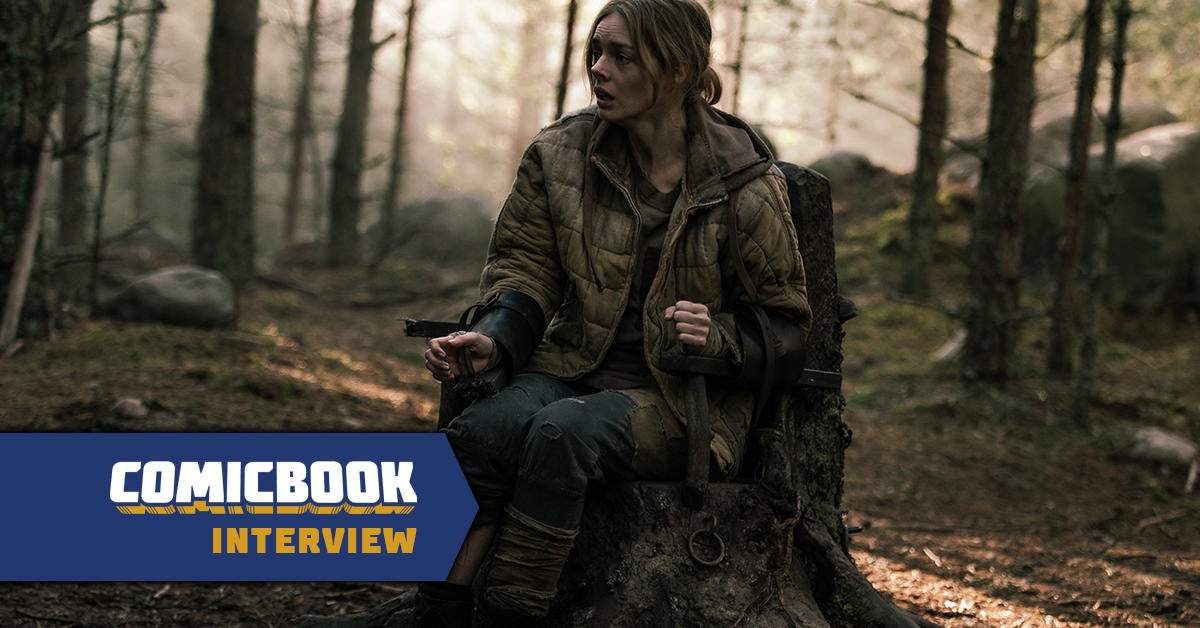
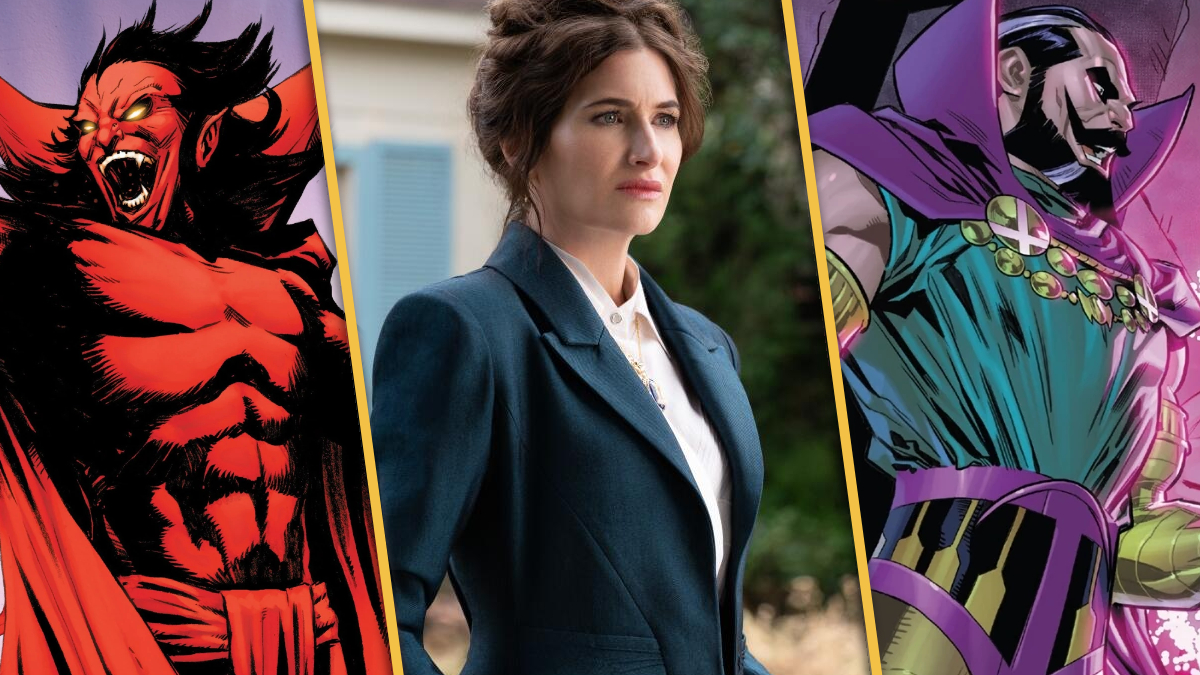
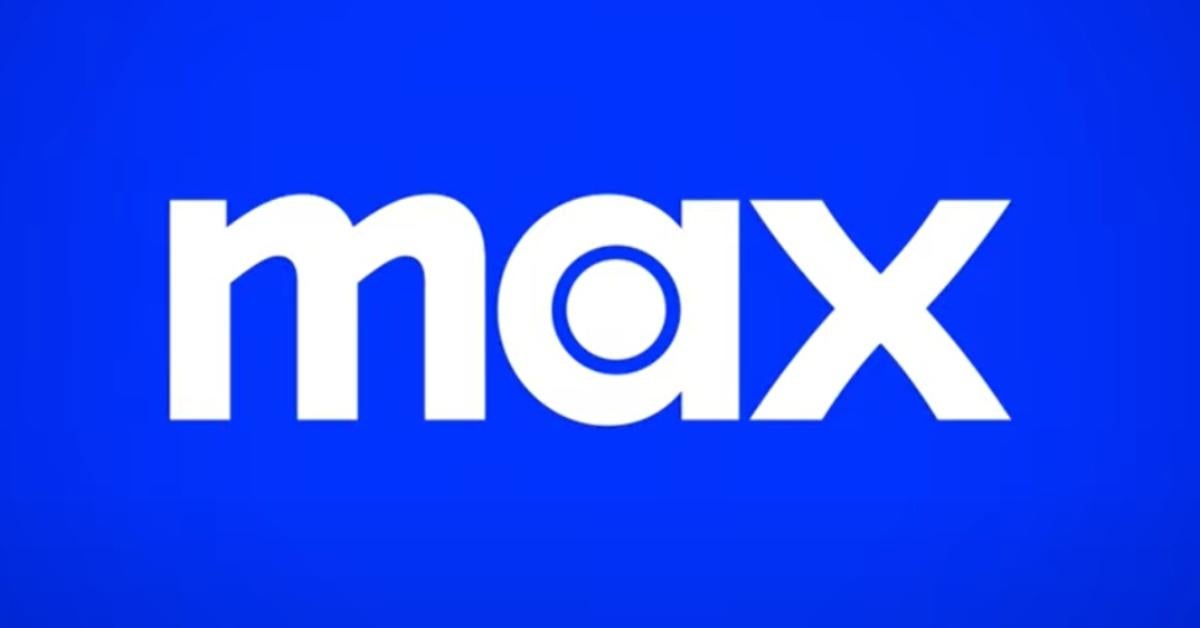
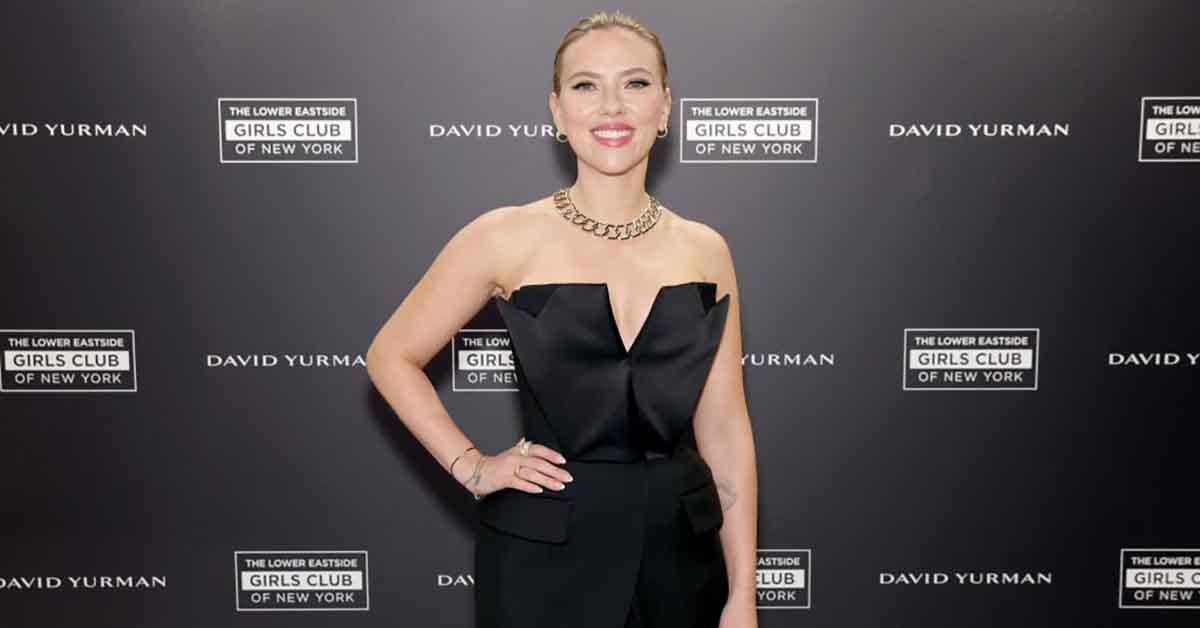
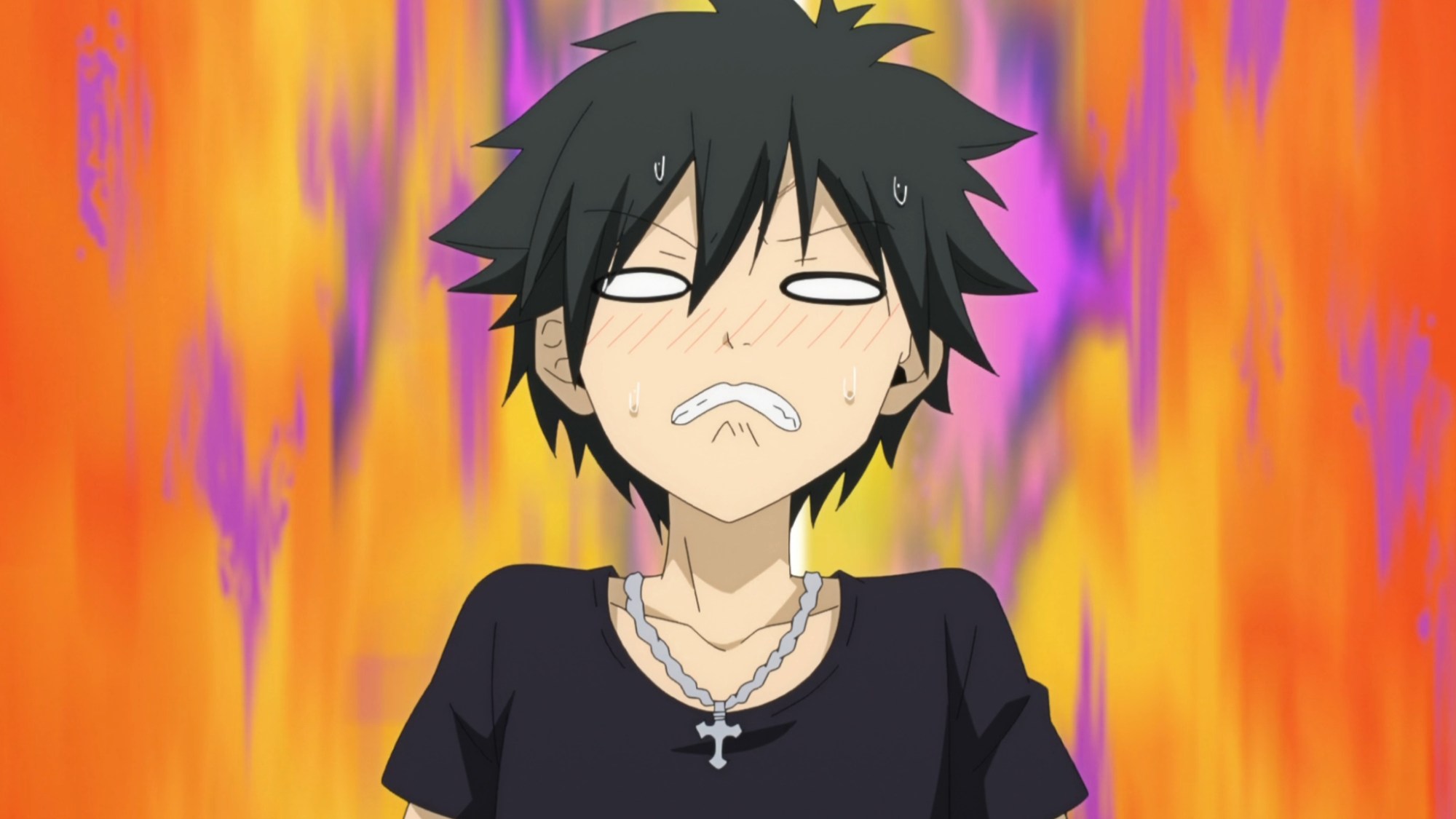
![kingdom of the planet of the apes ending Kingdom of the Planet of the Apes Star Hints [Spoiler] May Have Survived](https://allcinetech.com/wp-content/uploads/2024/05/kingdom-of-the-planet-of-the-apes-ending-explained.jpg)
